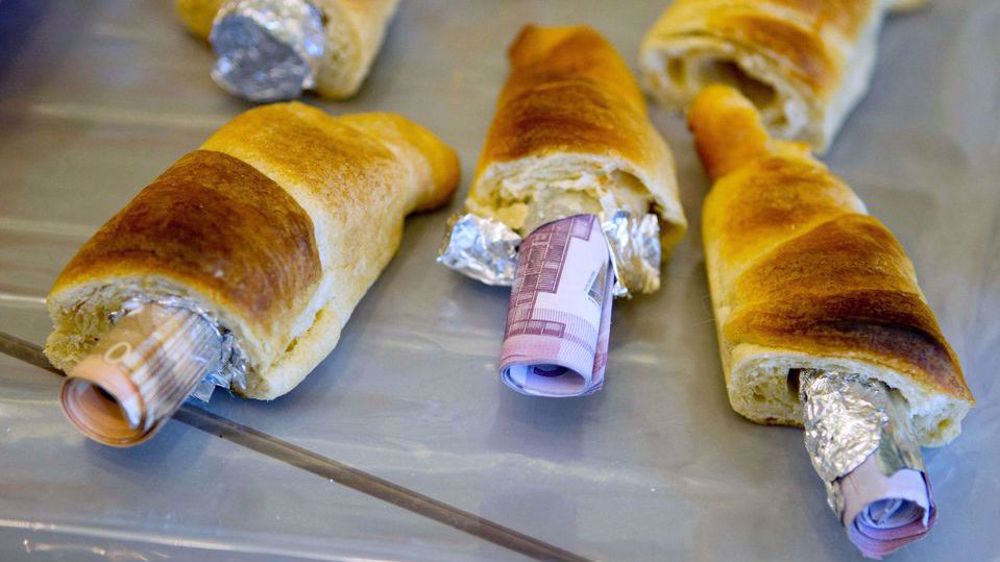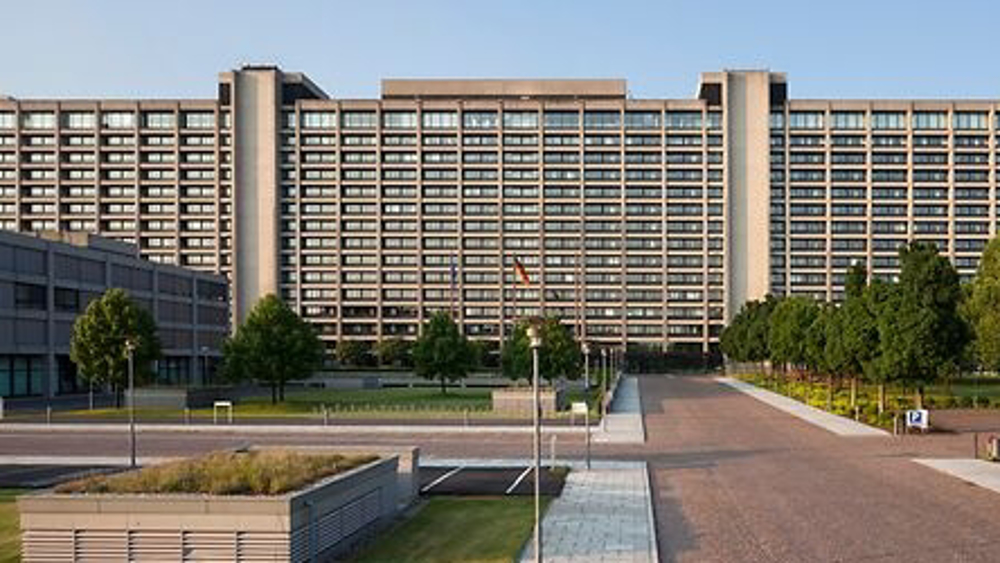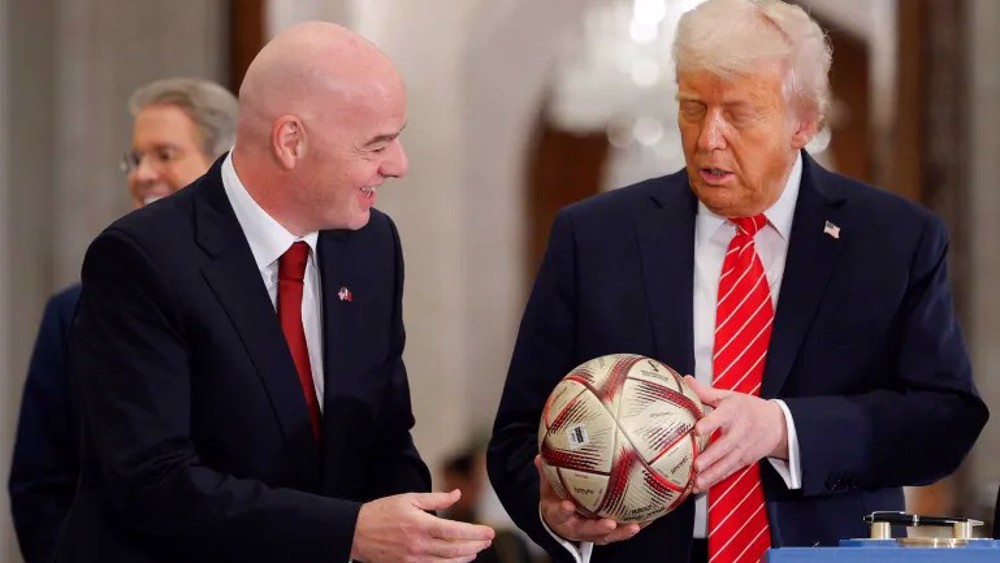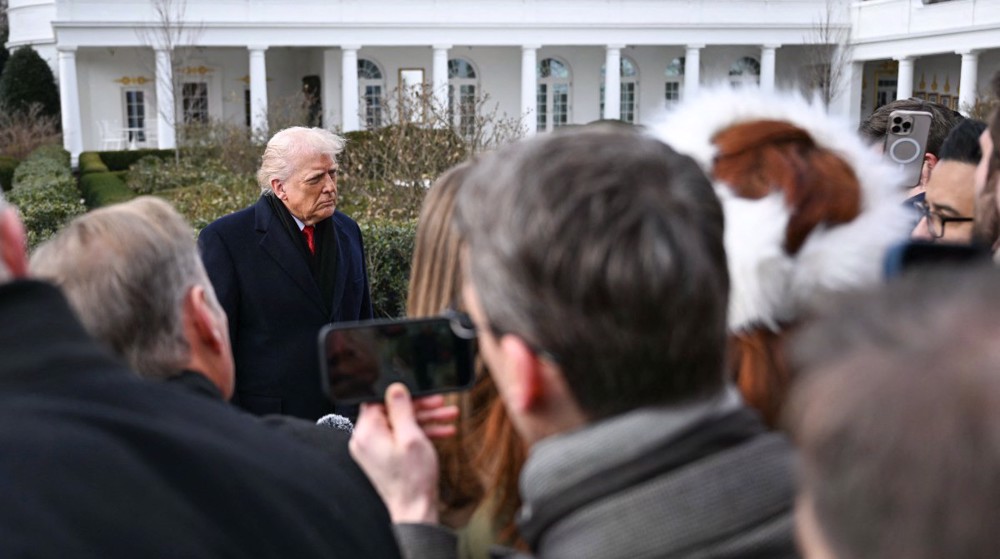Global watchdog slams cash-rich Germany for money laundering
A global watchdog which tackles financial crimes has criticized Germany for not doing enough to eliminate money laundering despite being one of the world’s biggest cash centers.
On Thursday, a report by the Financial Action Task Force (FATF), the Paris-based 39-member task force, lambasted Germany for its standing that prides itself on a reputation for probity, saying Berlin prosecuting very few for money laundering.
FATF pointed to an array of failings by the German government in curbing the crime, including lack of control of those who handle large sums of money, such as estate agents.
The assessment said while Berlin understood the risks, it had not done enough to tackle them.
The global watchdog criticized, for instance, the disjointed nature of supervision, with over 300 regional authorities tasked for monitoring such players, as well as a shortage of personnel.
According to FATF, Germany's score lags far behind the recently-assessed France.
Berlin’s poor ranking means it would now have to report annually to the watchdog in the coming years regarding its progress in tackling shortcomings.
“We deal with the small fish, while the big fish get away,” said Germany's Finance Minister Christian Lindner at a press conference earlier this week, adding that he would boost efforts to “follow the money.”
He also pledged to centralize control, install additional staff and modernize the authorities’ technology to improve Germany’s standing in FATF’s future assessments.
According to the watchdog, German authorities managed to prosecute only 1,000 people for money laundering in 2020, despite opening over 37,000 inquiries, a level of convictions it considered “very small.”
Although Germany has more banks than any other member state of the European Union, many Germans tend to use cash, which the FATF said comprised three quarters of transactions.
The global watchdog also urged Berlin to take “additional measures ... to more effectively mitigate the risks in relation to cash and hawala services.”
Hawala, which means “transfer” in Arabic, is a widely used system of payment in the Middle East. The System moves payments through a trusted network of agents who operate outside banks.
According to FATF, Germany has 11 million international migrants, the third-largest across the world.
UN chief condemns new Israeli annexation project in occupied West Bank
Araghchi briefs foreign ministers of Turkey, Egypt and S. Arabia on US talks
JD Vance’s Caucasus trip deepens concerns over sovereignty, security and US meddling
VIDEO | Press TV's news headlines
Thousands rally in Australia against Israeli president's visit as police use pepper spray
Child among four killed as Israel attacks southern Lebanon in ceasefire breach
Russia vows ‘all possible assistance’ to Cuba as US squeezes oil supplies
Hezbollah leader: Israel‑US aggression is Lebanon’s main challenge










 This makes it easy to access the Press TV website
This makes it easy to access the Press TV website